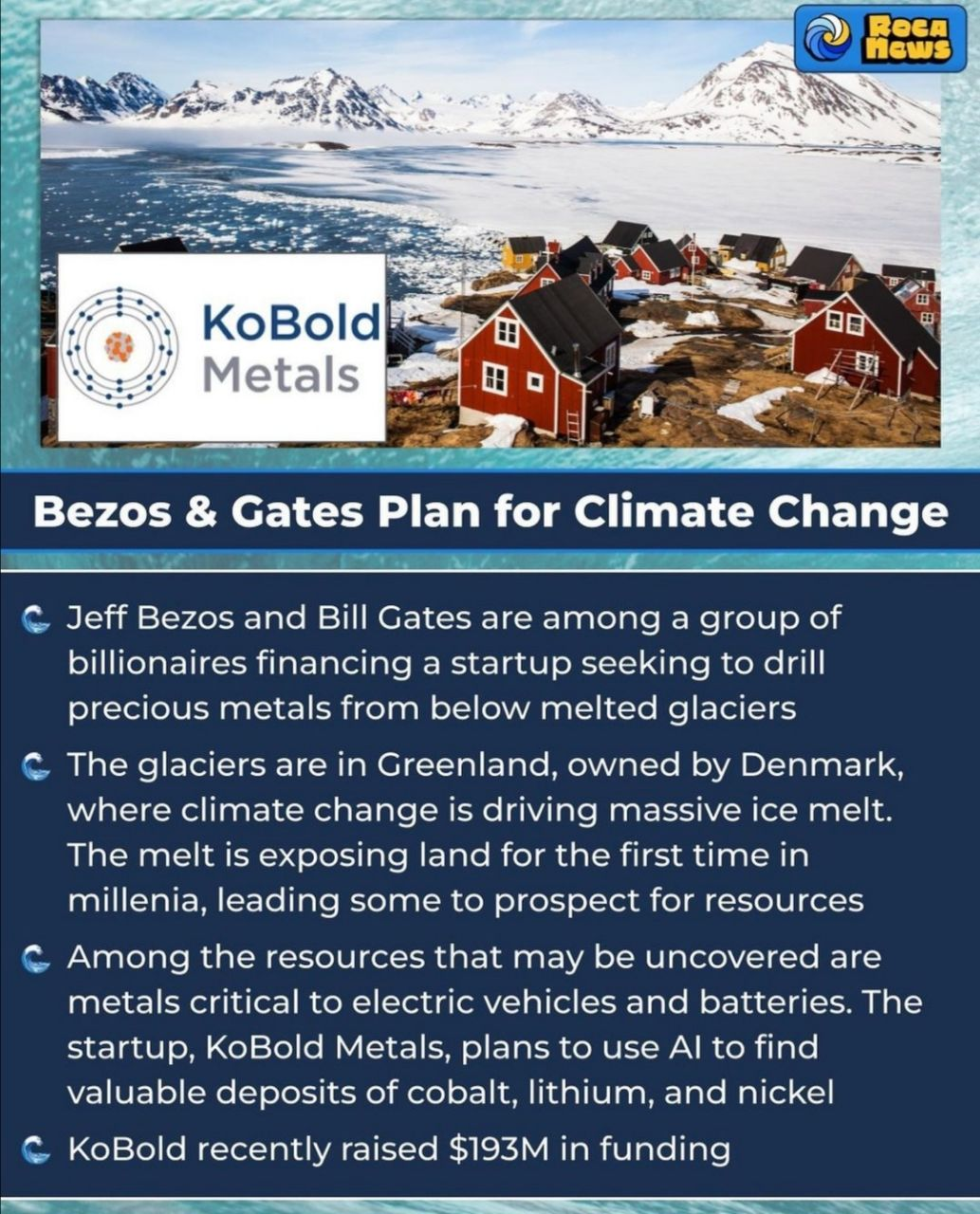collapse of the old society
932 readers
1 users here now
to discuss news and stuff of the old world dying
founded 2 years ago
MODERATORS
376
377
378
379
380
381
382
383
384
385
386
387
388
389
390
391
392
10
It's Not Cool to Overreact: How Normalcy Bias Will Define Our Future
(jessicawildfire.substack.com)
393
394
395
10
Climate change causes a mountain peak frozen for thousands of years to collapse
(www.livescience.com)
396
397
398
399
400

